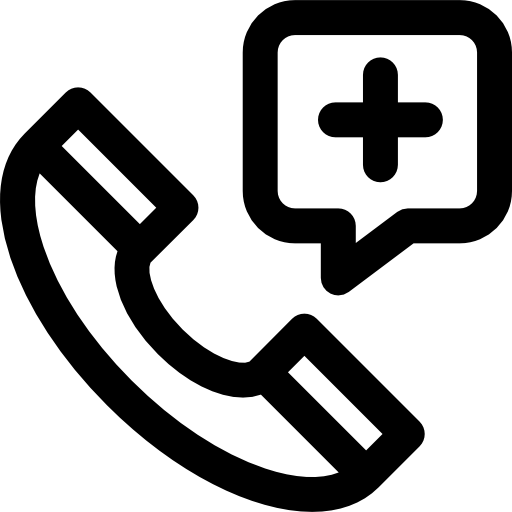Injury management involves identifying an injury, treating it and then returning to the sport. Players should be adequately rehabilitated before returning to sport. To assess all other injuries, remember TOTAPS
In the event of an injury:
Check if any doctors or trained first aiders are present.
Call Ambulance (000) and then Hatzollah (9527 5111) if required.
Render First Aid.Complete injury report form.
TOTAPS
TALK- Ask the player what happened. Where does it hurt? What kind of pain is it?
OBSERVE – Look at the affected area for redness or swelling. Is the injured side different from the otherside?
TOUCH – will indicate warmth for inflammation – touch also assesses pain.
ACTIVE movement– Ask the injured player to move the injured part without any help.
PASSSIVE movement– If the player can move the injured part, carefully try to move it yourself through its full range of motion.
SKILL test– Did the active and passive movement produce pain? If no, can the player stand and demonstrate some of the skills from the game carefully? If an injury is identified, remove the player from the activity immediately.
HARM-Avoid the HARM-ful factors for 72 hours after the injury
HEAT- increases the bleeding at the injured site. Avoid hot baths and showers, saunas, hot water bottles, heat packs and liniments.
ALCOHOL-increases bleeding and swelling at the injury site, and delays healing. It can also mask the pain of the injury and its possible severity, which may result in the player not seeking treatment as early as they should.
RUNNING or any form of exercise will cause further damage. A player should not resume exercise within 72 hours of an injury unless a medical professional says it is all right to exercise.
MASSAGE causes an increase in bleeding and swelling, and should be avoided within 72 hours of the injury. If the injury is massaged within the first 72 hours, it may take longer to heal.
RICER- is used to manage soft tissue injury to reduce scarring and pain for faster recovery. Using RICER immediately can help to stop bleeding and swelling.
REST- reduces further damage. Avoid as much movement as possible to limit further injury. Don’t put any weight on the injured part of the body.
ICE – Apply a cold pack to the injury for 20 minutes every 2 hours. Continue this treatment for the first 48-72 hours (ice cools the tissue and reduces pain, swelling and bleeding). Place cold pack wrapped in a towel onto the injured area. Do not apply cold pack directly to the skin. Extra care must be taken with people sensitive to cold (children) or with circulatory problems.
COMPRESSION – Apply a compression bandage, covering the injured area as well as the areas above and below. Compression reduces bleeding and swelling. Check bandage is not too tight.
ELEVATION- Elevate the injured area to stop bleeding and swelling. Place the injured area on a pillow for support.
REFERRAL- Refer the injured person to a qualified professional such as a doctor or physiotherapist for definitive diagnosis and continuing management.


